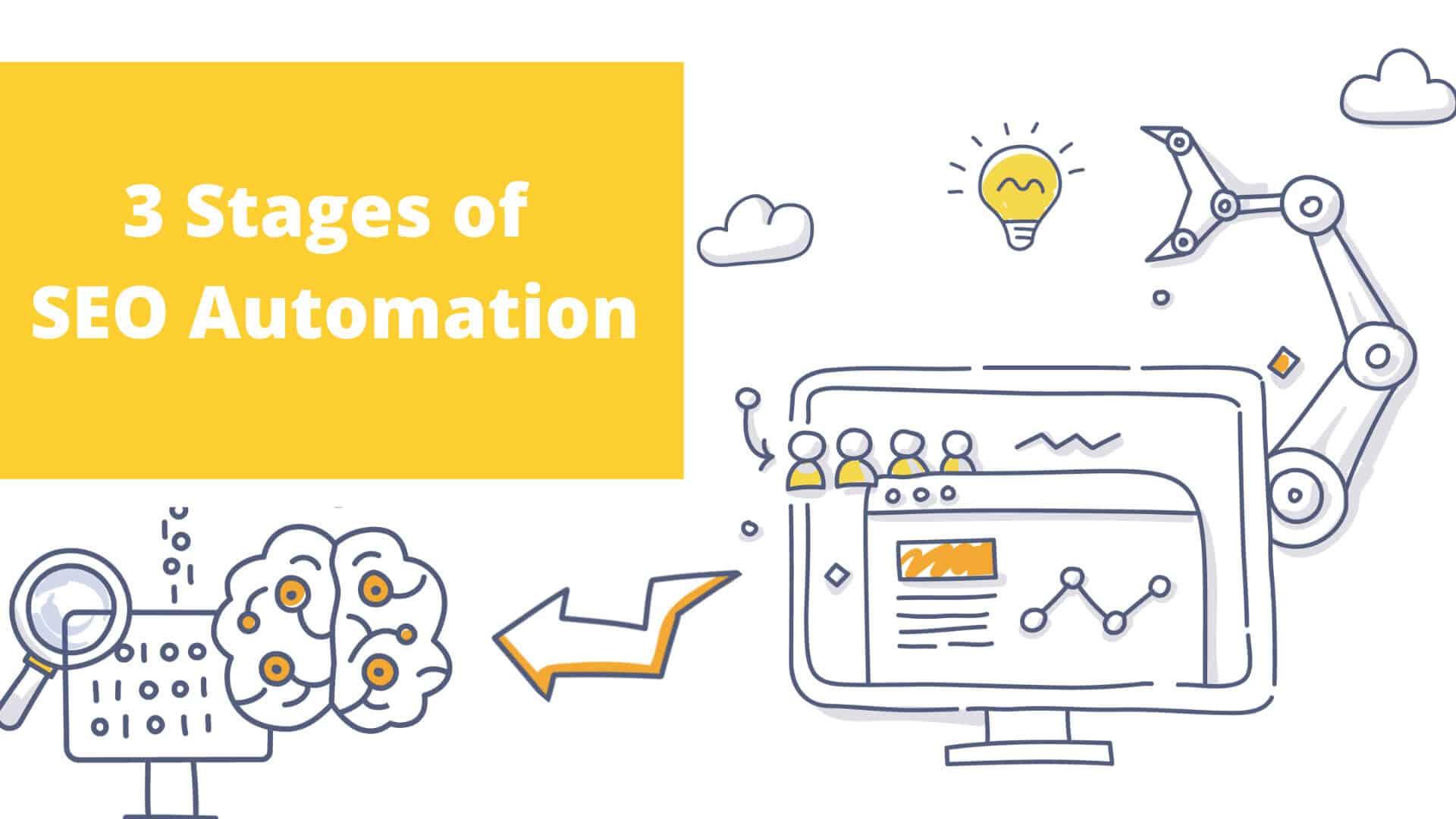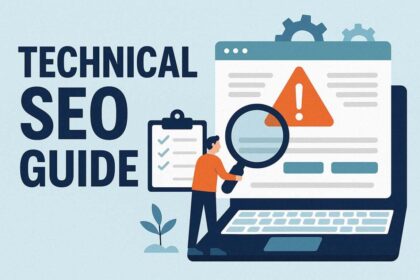In the ever-evolving landscape of digital marketing, where visibility is the currency that paves the way for success, businesses find themselves at the forefront of an intricate battle for attention. Enter search engine optimization (SEO)—the key that unlocks the doors to online prominence. However, as algorithms grow more sophisticated and competition sharpens, the complexities of traditional SEO can feel daunting. This is where automation steps in, offering a promising pathway to not just navigate, but to streamline success. In this article, we will explore how embracing SEO automation not only enhances efficiency but also empowers businesses to harness data-driven strategies and optimize their online presence. Join us as we delve into the transformative potential of automation, revealing its capacity to unlock unparalleled growth and redefine the rules of engagement in the digital realm.
The Essential Role of SEO Automation in Modern Digital Strategies
In a world where digital marketing evolves at a breakneck pace, businesses must adapt or risk falling behind. SEO automation serves as a critical component in this transformation, allowing marketers to efficiently manage their search engine optimization efforts. By leveraging advanced tools and software, companies can automate repetitive tasks such as keyword tracking, site audits, and performance reporting, freeing up valuable time for strategic planning and creative initiatives. This not only enhances productivity but also leads to more accurate data collection, which is essential for making informed decisions that drive traffic and improve rankings.
Implementing automation in SEO strategies unfolds various benefits that streamline processes and foster growth. Consider the following advantages:
- Efficiency: Automated systems handle multiple tasks simultaneously, significantly speeding up the workflow.
- Consistency: Automation ensures that SEO practices are consistently applied across all touchpoints, maintaining brand integrity and optimization standards.
- Scalability: As businesses grow, so do their SEO needs. Automation allows for easy scaling of efforts without compromising quality.
- Data-Driven Insights: Automated tools provide real-time analytics, allowing marketers to swiftly pivot their strategies based on solid data.
To illustrate the differences over manual efforts, consider the comparison below:
| Task | Manual Method | Automated Method |
|---|---|---|
| Keyword Research | Time-consuming, prone to human error | Rapid analysis with data updates |
| Site Audits | Periodic checks with potential oversights | Continuous monitoring with detailed reports |
| Performance Tracking | Manual data compilation and evaluation | Instant insights with automated alerts |
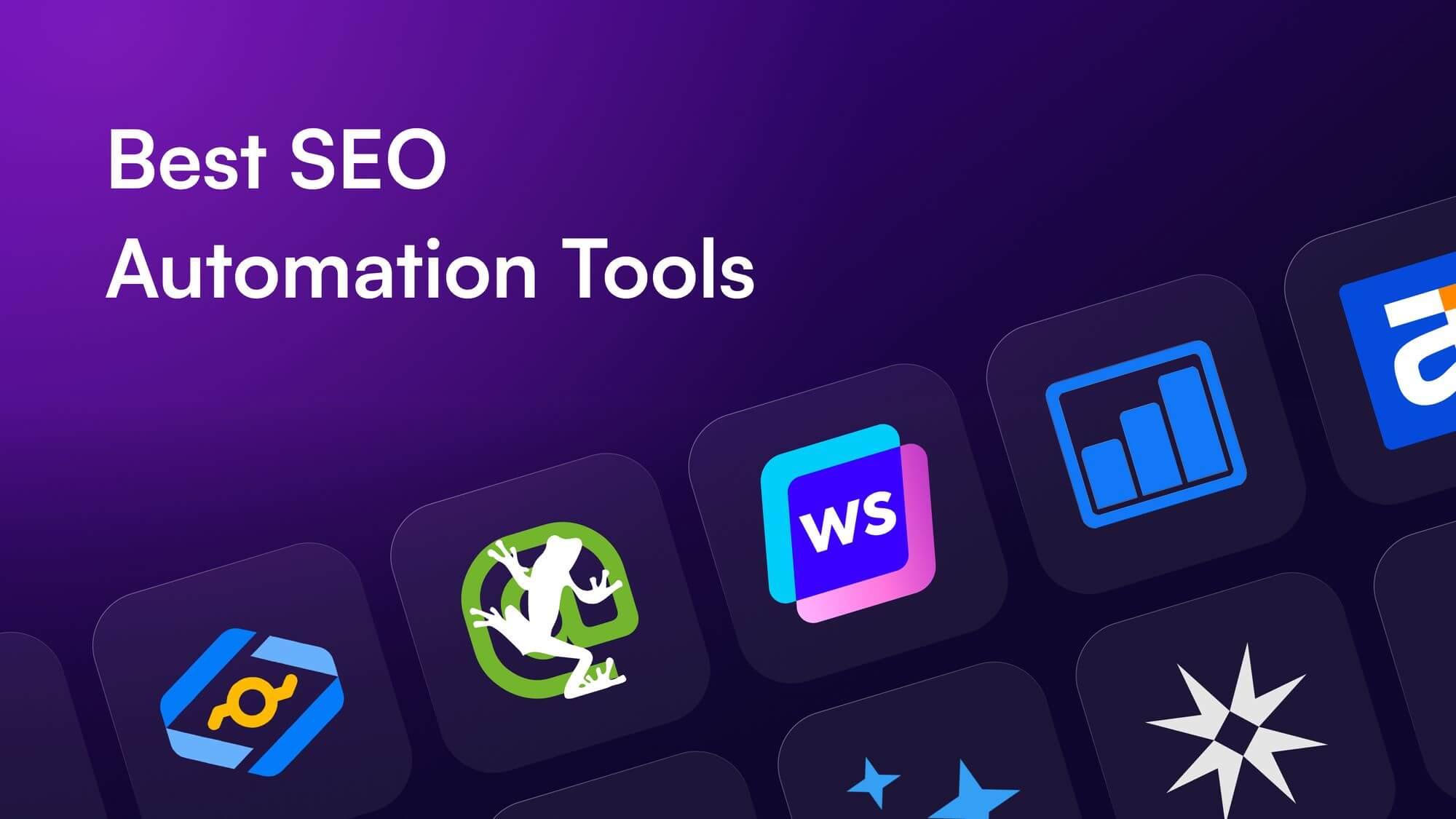
Key Tools to Elevate Your SEO Automation Game
To truly harness the benefits of SEO automation, employing the right tools is essential. These tools not only simplify the complexities of SEO but also provide actionable insights that enhance your strategy. Some of the most effective tools include:
- SEMrush: A comprehensive suite designed for keyword research, site audits, and competitor analysis.
- Ahrefs: Ideal for backlink analysis and content gap identification, helping to drive organic traffic.
- Google Search Console: Offers essential insights on site performance and indexing issues straight from the search engine itself.
- Yoast SEO: A popular WordPress plugin that automates on-page SEO and provides valuable content suggestions.
Moreover, integrating automation into routine tasks can significantly boost efficiency. By leveraging specialized software for specific needs, you can enhance scalability while minimizing manual effort. Here’s a brief overview of task-specific automation tools:
| Tool | Purpose |
|---|---|
| Zapier | Automates repetitive tasks between different applications |
| BuzzSumo | Identifies trending topics and influencers in your niche |
| Google Data Studio | Visualizes data from multiple sources for easier interpretation |
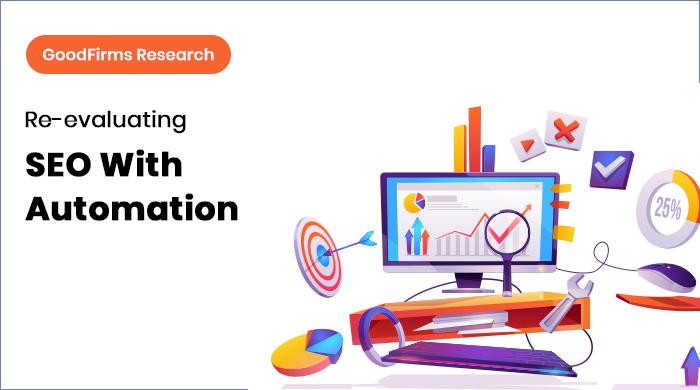
Best Practices for Implementing SEO Automation Effectively
Implementing SEO automation effectively requires a strategic approach that aligns with your overall marketing objectives. First and foremost, it’s essential to identify the right tools that suit your specific needs. Investing in versatile SEO software with robust analytics capabilities can help streamline keyword research, track rankings, and analyze competitors. Additionally, leveraging automation for routine tasks, such as website audits and content updates, allows your team to focus on higher-level strategy and creativity. Be sure to regularly review and refine your automation processes to keep pace with ever-evolving SEO trends.
Another key component of successful automation is the integration of machine learning and data analysis into your SEO strategy. Utilizing AI-powered tools can assist in predictive analysis, allowing you to forecast trends and adjust your strategies proactively. Here are some best practices to consider:
- Conduct regular performance analysis to optimize automated efforts.
- Incorporate feedback loops to ensure continuous improvement.
- Align automated tasks with your content marketing strategy for cohesive messaging.
By embracing these practices, businesses can maximize their SEO efforts while minimizing manual workload, ultimately paving the way for sustainable digital growth.
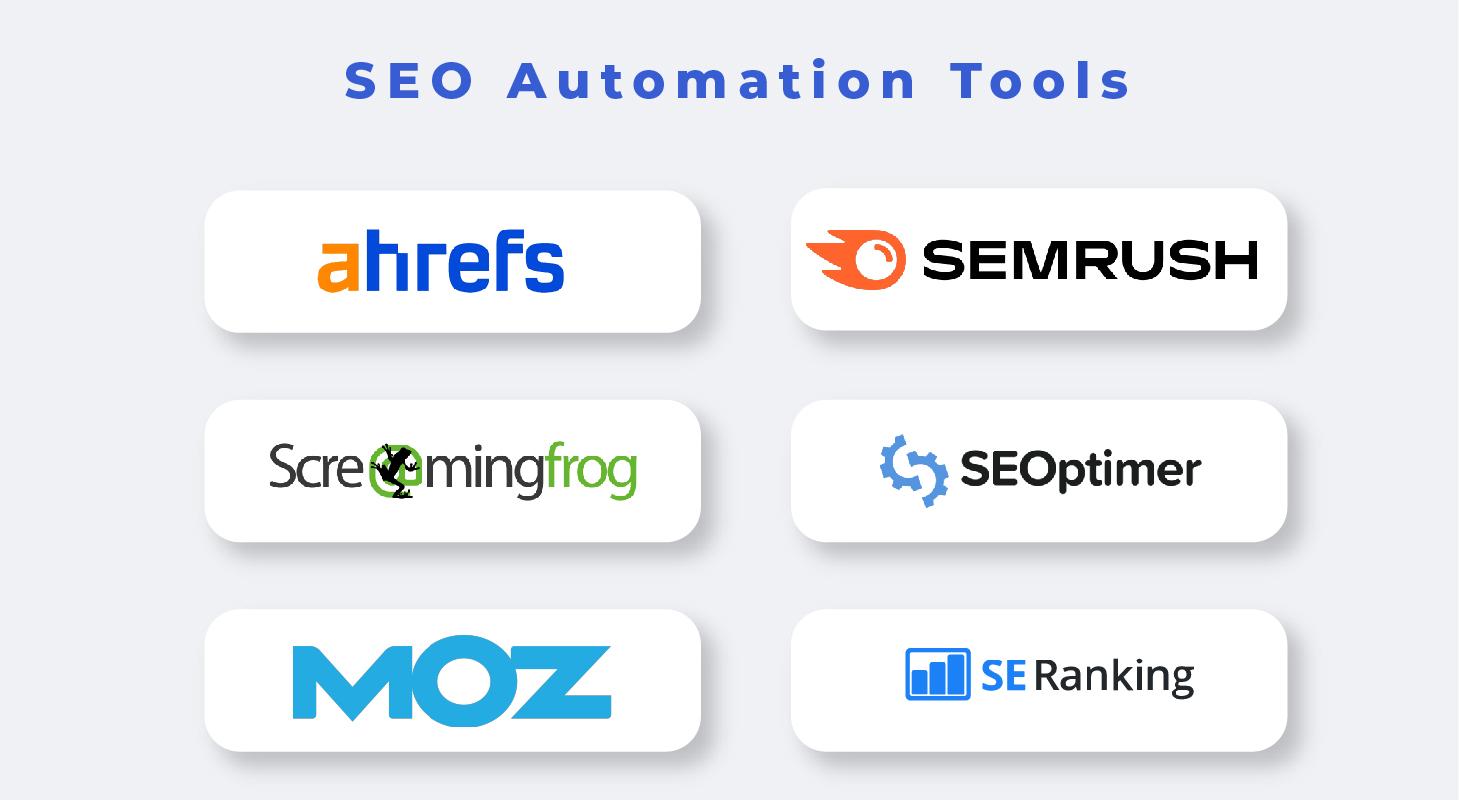
Measuring the Impact of SEO Automation on Business Growth
In today’s competitive digital landscape, understanding the effects of SEO automation on business growth is crucial for any organization aiming to expand its online presence. By integrating automated tools into their SEO strategies, businesses can streamline their processes, allowing for more efficient keyword research, competitive analysis, and content optimization. This automation not only saves valuable time but also increases the accuracy of various SEO tasks, ensuring teams can focus on strategic goals rather than mundane tasks. The immediate benefits can include:
- Improved Efficiency: Automation reduces human error and accelerates repetitive tasks.
- Data-Driven Insights: Automated reporting tools provide actionable insights into SEO performance.
- Enhanced Scalability: Businesses can manage larger campaigns without a proportional increase in workload.
Furthermore, measuring the impact of SEO automation can be significantly enhanced through precise analytics and tracking of key performance indicators (KPIs). Metrics such as organic traffic growth, conversion rates, and page ranking improvements provide a clear view of how these automated strategies contribute to the bottom line. By analyzing data effectively, businesses can fine-tune their SEO efforts and allocate resources where they matter most. The following table illustrates the potential KPI improvements post-automation:
| KPI | Before Automation | After Automation |
|---|---|---|
| Organic Traffic | 5,000 visits/month | 10,000 visits/month |
| Conversion Rate | 2% | 4% |
| Average Page Ranking | 15 | 7 |
To Conclude
As we conclude our exploration of “Streamlining Success: Unlocking the Power of SEO Automation,” it becomes evident that harnessing the capabilities of automated tools can transform the landscape of digital marketing. By integrating SEO automation into your strategy, you not only enhance efficiency and precision but also free up valuable resources to focus on creativity and innovation.
Remember, the true strength of SEO automation lies not in replacing the human touch but in empowering it. As you embark on this journey, consider the balance between technology and intuition, allowing the data-driven insights provided by automation to inform and inspire your strategic decisions.
In the ever-evolving world of search engine optimization, staying ahead of the curve is essential. Embrace the automation wave and watch as your efforts translate into tangible outcomes. With the right approach, you can unlock unprecedented potential, turning complexity into clarity, and dreams into reality. Here’s to your continued success in the digital realm!


